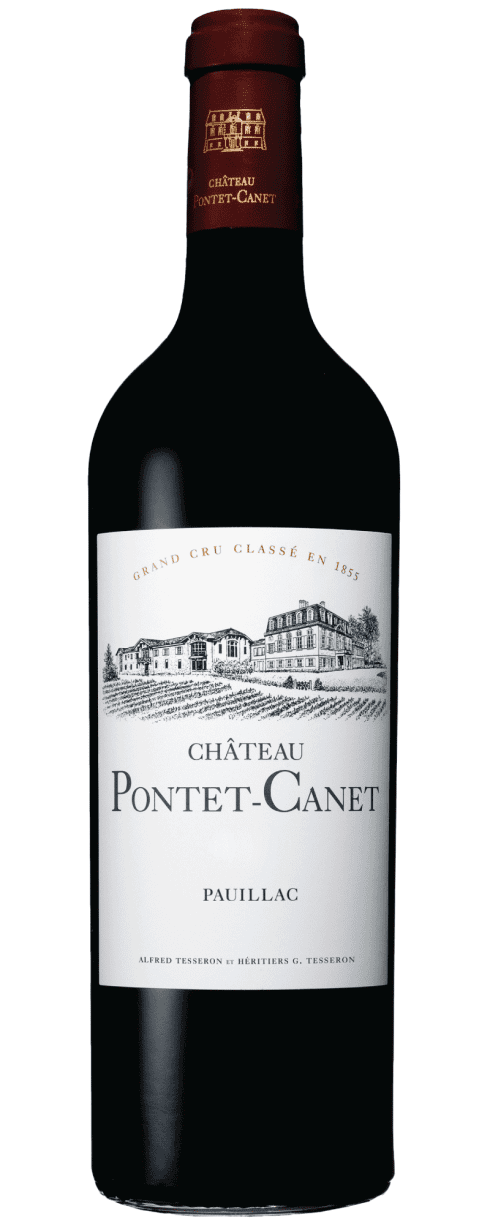Iron and Wine is not just a band. Though flavour narratives by oenophiles can be kooky and capricious, with descriptors such as "lead" and "flint" spoiling the thirst on your tongue, metallic or mineral characteristics in wine are often valued … and, with the right bottle, you might actually find yourself drawn to that hint of pencil shavings in your Cabernet. So have your periodic table handy and keep an eye out for these platinum-grade flavours that make the world of wine so astonishingly delicious. —Laura Starr
lead, graphite, pencil shavings. Pencil lead and graphite are common aromas in high-quality Cabernet-based wines, in particular from the Bordeaux region in France. When balanced by spicy fruit and oak, it is a highly desirable characteristic. The 2014 vintages are now available in B.C. and, if you want a splurge on a cellar-able treasure, Château Pontet-Canet, from Pauillac, Bordeaux, is the one to snag.
gun metal, flint, slate. Chardonnay from Chablis and Sauvignon Blanc from Sancerre are known for their austere and mineral backbones, in particular the zingy metallic characteristic of flint (think of a cap gun) or hot, wet slate (qualities we can thank to the Kimmeridgian soils that these two French regions share). Taste the two wines side-by-side to find the flavour that links them! Look for William Fevre and Pascal Cotat for some stellar specimens.
blood, iron. If describing your wine as “bloody” is too visceral, feel free to substitute in the more delicate “sanguine” while also winning over your wine friends. Iron and blood are aromas you will frequently encounter in many delicious red wines that use grapes such as Tempranillo, Sangiovese, Syrah and Pinot Noir. For a fast and yummy 101 on sanguine reds, hunt down Elena Walch Lagrein from Alto Adige, Italy.




Be the first to comment